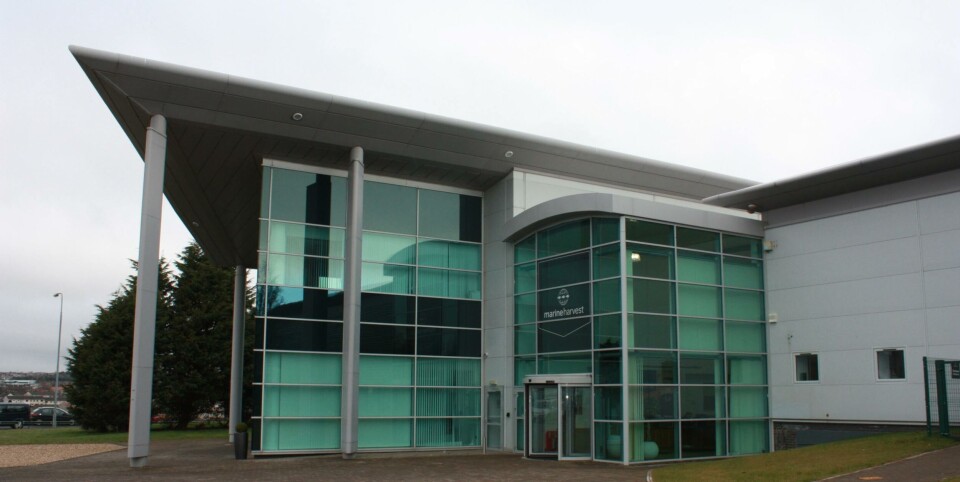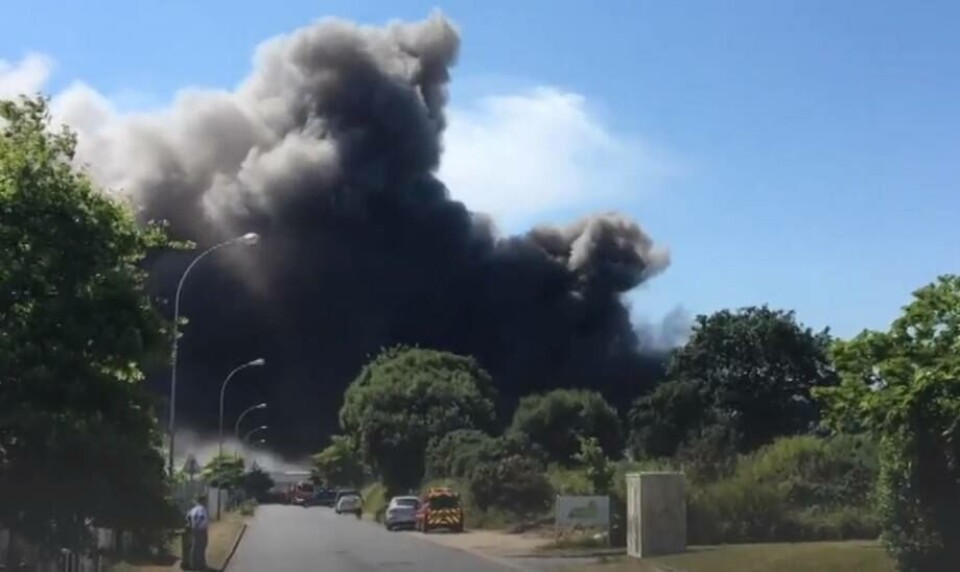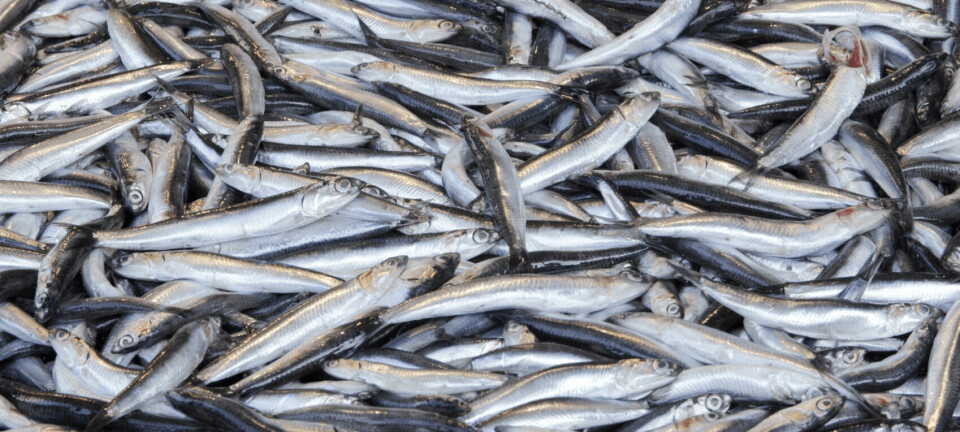
French lessons for Rosyth plant after Brittany blaze
A fire at a Marine Harvest processing plant in France earlier this year has meant more jobs for MH Scotland’s factory in Rosyth, along with some challenges.
Some of the work previously carried out at Marine Harvest Kritsen in Landivisiau, Brittany has been transferred to the Fife plant, requiring the creation of a new range of products suited to the particular tastes of the French market.
“We soon learned that the French palate is quite different to ours when it comes to smoked salmon. They prefer a much milder taste,” said Robin Brown, head of technical and development in MH Scotland’s consumer products team.
Organic status
As part of the process, the factory had to be audited by the Aquaculture Stewardship Council (ASC) and went through an accreditation process from the Soil Association for organic status.
The Rosyth team also worked with some of the staff from Kristen on product development, resulting in 18 different products for seven retailers, ranging in weight and number of slices and using Scottish salmon, ASC-accredited fish from Norway and organic salmon from MH Ireland.

New slicing equipment was also required, and a new kiln is due in December to help the factory cope with the extra fish that must be processed.
“We’ve brought in additional equipment here to allow us to slice,” said Brown.
Sensitive about slices
“The French market is very sensitive to number of slices per pack. They seem to have kept smoked salmon as a premium main meal, whereas we have a different use for it in the UK. In France it must be four slices that will make four servings. We had to get a new slicer in to allow us to do that in an optimal way.
“And some of the customers had a different packaging format that we didn’t have, so we’ve had to bring in a machine to do that as well.”
“The focus at the moment is getting the supply established for all these customers that we’ve been running out of stock with because of the fire,” explained Brown.
“It takes time to get machinery, and it’s a case of what favours can you call in from suppliers to try to jump a queue if you can.
“And then you’ve got to learn to use it.”
More tonnage
The extra work has created more employment, although he can’t say precisely how much, because workers are not employed exclusively on French production.
“It’s difficult to put numbers on it but certainly there is more tonnage going through the factory so there will be more work,” said Brown. “At this time of year we’re ramping up for Christmas anyway, so I guess it’s been additional ramp-up.”
“We’ve got a new kiln coming in December,” added the technical and development head. “That will help us cope with the increased demand.
“The extra work is significant. It’s not the kind of volume where you say we’ll do that tomorrow and we’ll not notice. It’s a significant addition to volume.”
Almost all of the facilities at the Kristen factory were destroyed in the July blaze, including the 7,000m² production section. Twenty-two vehicles and 75 firefighters were deployed to tackle the blaze.




















































